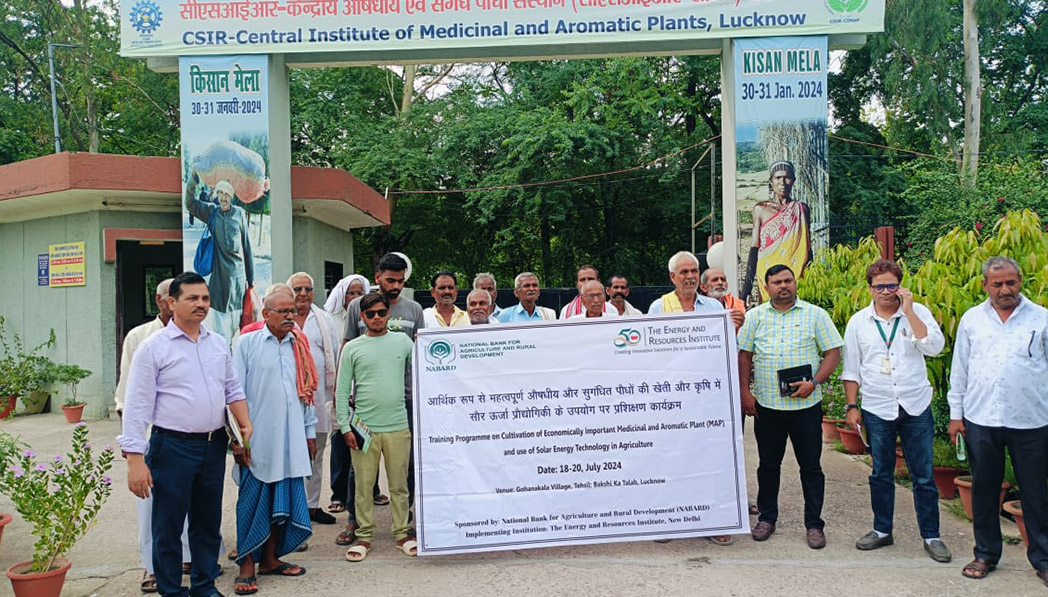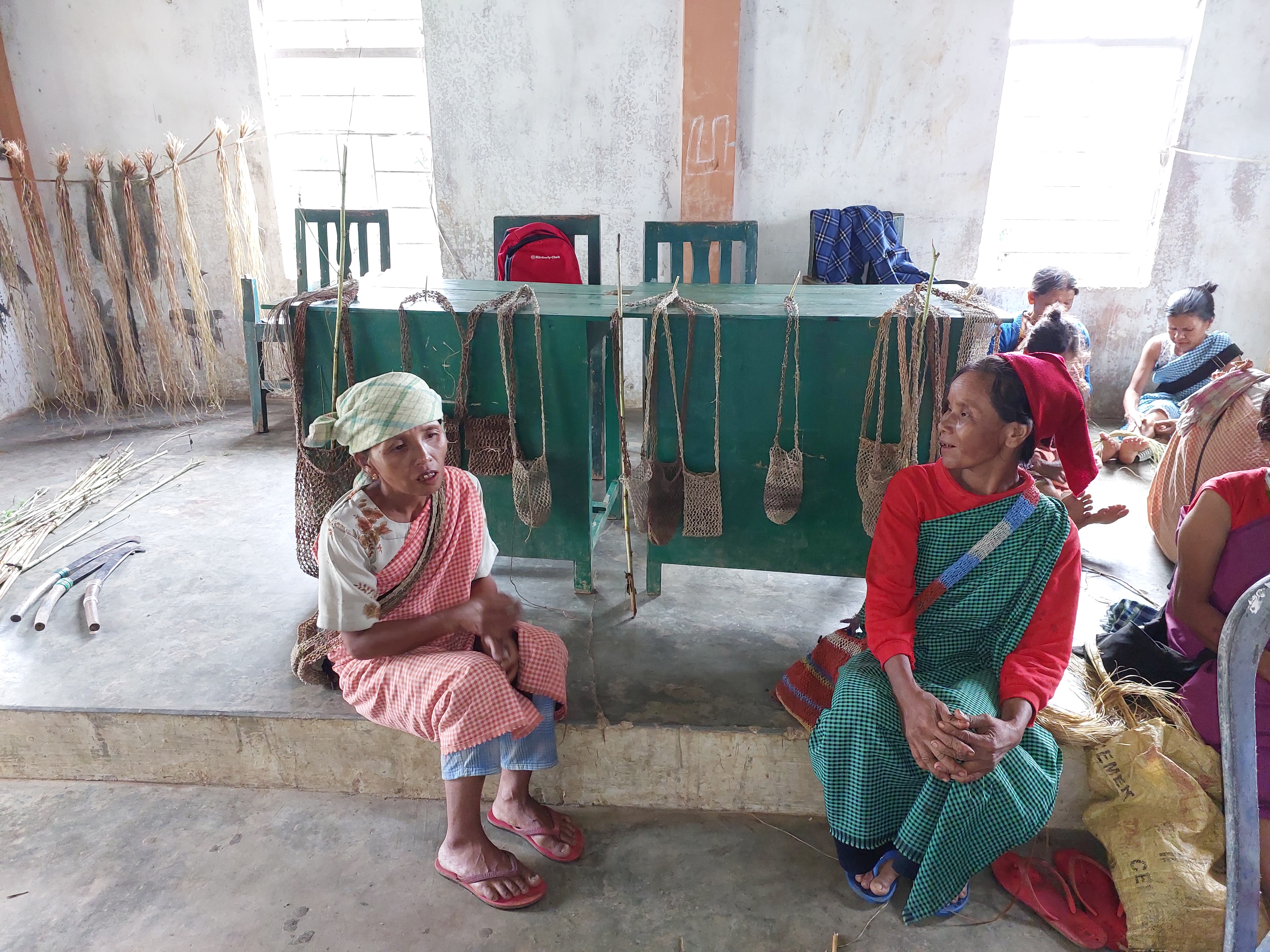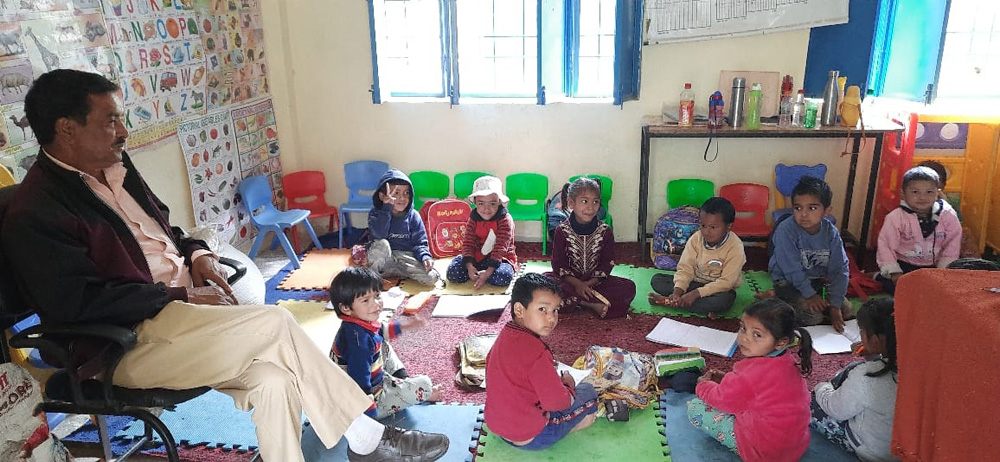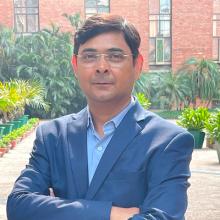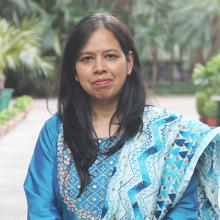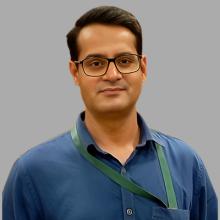Crops may fail, solar will not: Climate-resilient agriculture for a new India
February 21, 2026
| The Pioneer
Feeding a population as large as India’s is no simple ecological equation. It is a complex technological, economic, and governance challenge. It is a challenge that now demands systemic rethinking writes Dr Vibha Dhawan, Director General, The Energy and Resources Institute (TERI).
Path to Resilient Livelihoods
January 30, 2026
| Millenium Post
The new rural employment reform links social protection with climate adaptation, positioning wage programmes as engines of resilience, sustainability and inclusive rural growth writes Dr Vibha Dhawan, Director General, The Energy and Resources Institute (TERI).
VB-G RAM G India's journey towards livelihoods
January 30, 2026
| Punjab Kesari
Rural employment programs have been a central pillar of India's social security structure for nearly two decades. As rural India undergoes rapid economic, technological, and environmental changes, there is an urgent need to further strengthen this framework to effectively respond to emerging challenges and opportunities writes Dr Vibha Dhawan, Director General, The Energy and Resources Institute.
Guyana introduces nano fertilizer to transform agriculture, improve yields
October 23, 2025 |
October 23, 2025
Guyana Chronicle
The introduction of the fertiliser developed through collaboration between the Guyana Rice Development Board (GRDB) and The Energy and Resources Institute (TERI) of India marks a major milestone in the government's push to modernise the sector, enhance productivity, and reduce environmental impacts.
TERI sees up to 50% drop in chemical fertilisers use
September 12, 2025 |
September 12, 2025
The Financial Express
TERI has developed three nano-fertiliser technologies urea, DAP and Phosphorous up to commercial scale, which is being marketed by private manufacturers.
Plasticulture: Plastic has taken over agriculture, on one hand it promises good income and bumper crops, on the other hand it is poisoning the soil
September 12, 2025 |
September 12, 2025
Gaon Junction (Amar Ujala)
From mulching films to drip irrigation , greenhouse covers and post-harvest packaging, the use of plastic in agriculture is steadily increasing. India's plasticulture sector today is worth Rs 54,000 crore. The use of plastic in agriculture may have its benefits, but the environmental hazards it poses cannot be ignored writes Dr Pushplata Singh, Director, Centre for Nano Research and Agricultural Biotechnology, The Energy and Resources Institute, TERI.







